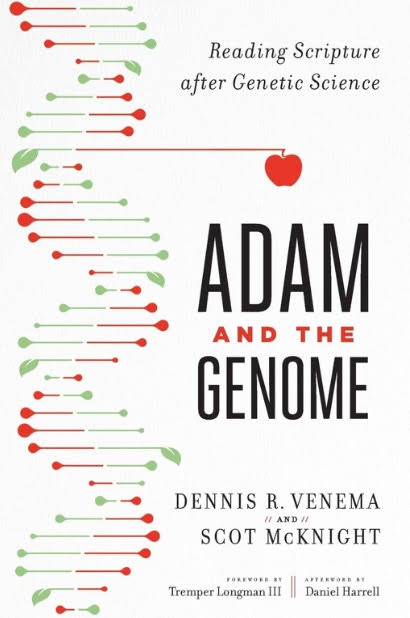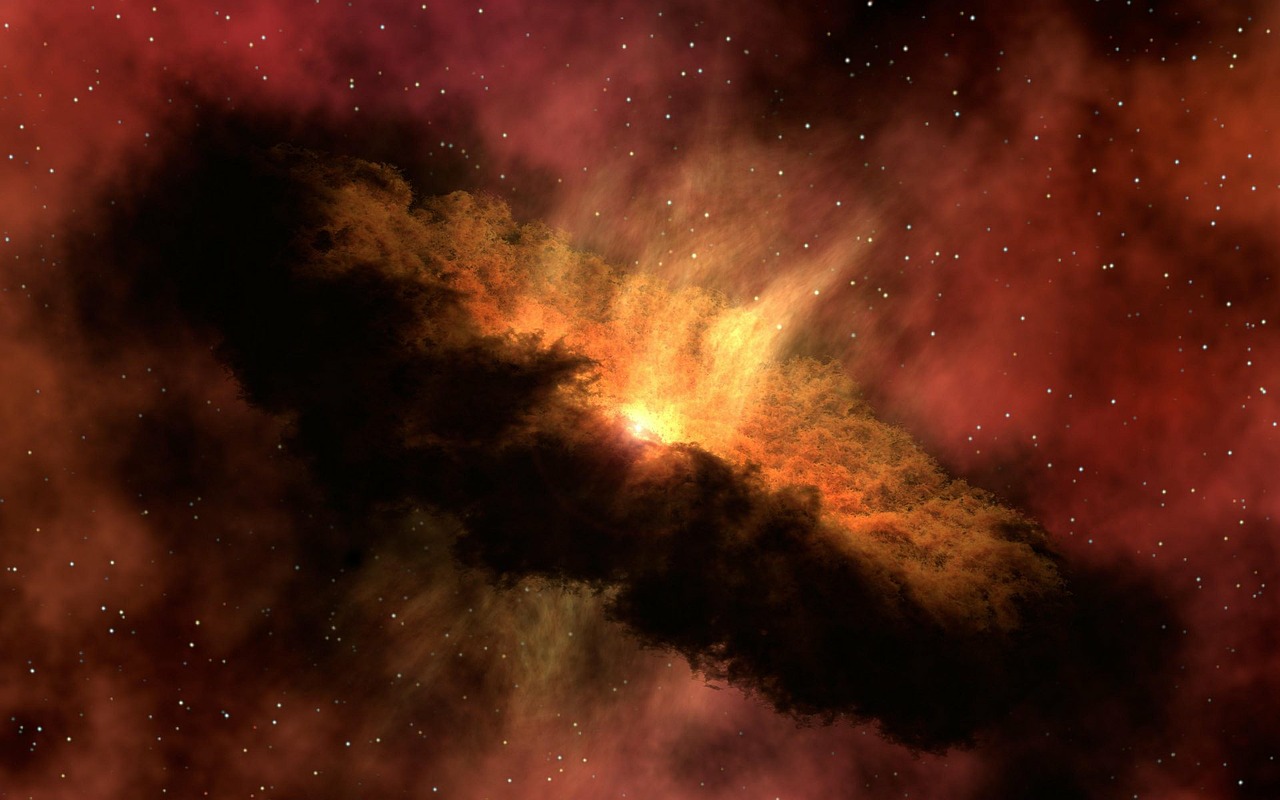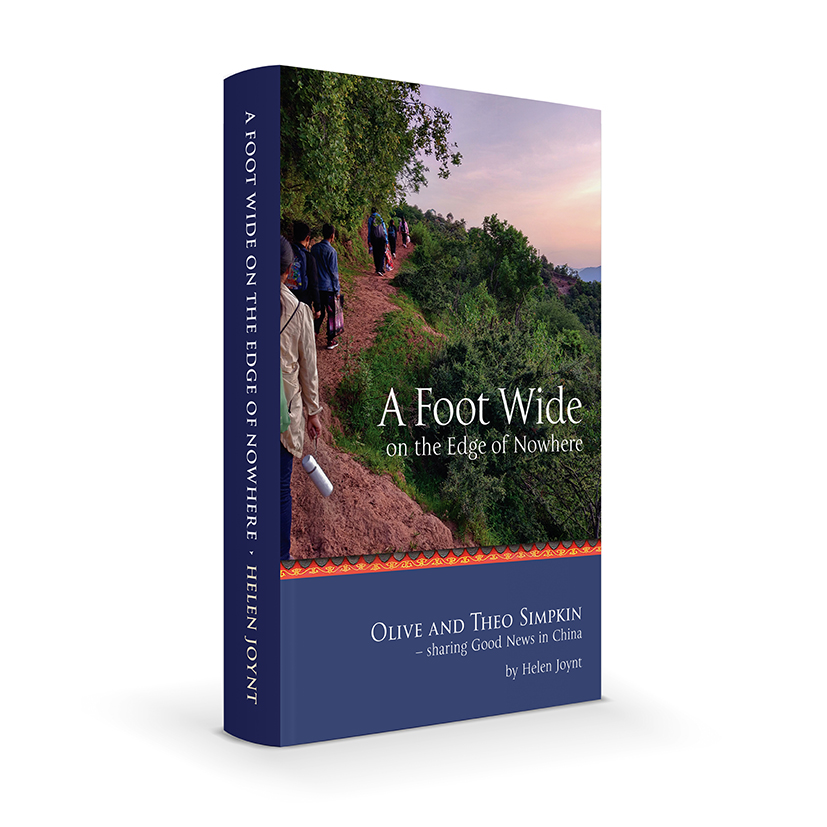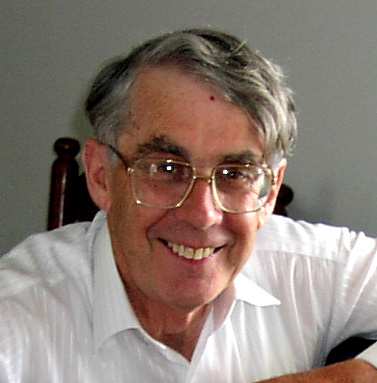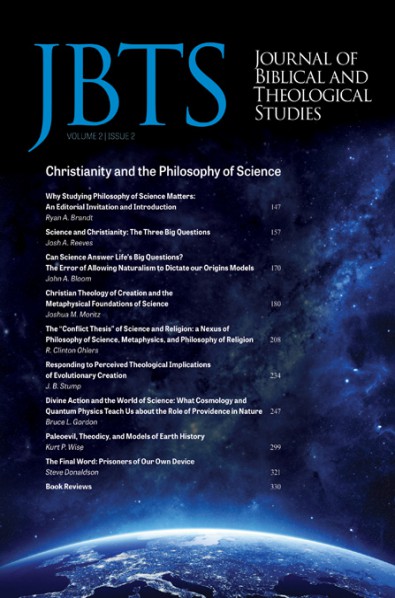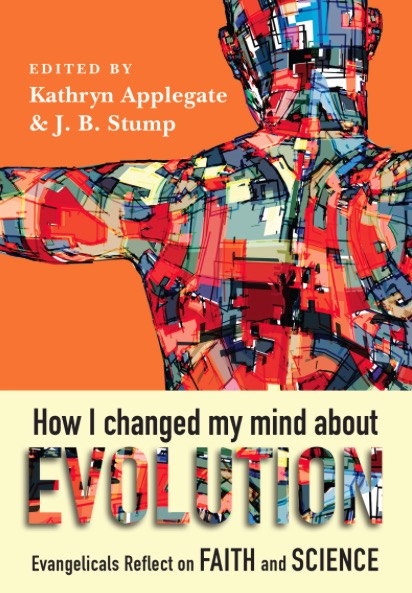


CPOSAT Editorial
Bruce Craven, John Pilbrow – December 2014
Download PDF
CPOSAT Editorial December 2014
Bruce Craven, John Pilbrow
Bruce Craven was Reader in Mathematics at Melbourne University until retirement. He is still active in mathematical research and writing. Bruce is a Fellow of ISCAST and Co- Editor of CPOSAT.
In view of his long-standing commitment to the ISCAST Online Journal since its inception in 2001, the ISCAST Board has recently conferred on Bruce Craven the title Editor Emeritus.
John Pilbrow is Emeritus Professor of Physics, Monash University, and Fellow and former President of ISCAST. He is Co-Editor of CPOSAT.
As we will conclude our time as Co-Editors at the end of 2014, it seems appropriate that we should provide a reflection based on our experience of editing the Online Journal, CPOSAT (Christian Perspectives on Science & Technology).
Issues at the science-faith interface remain important and they do not go away. While ISCAST seeks to offer a theological safe space for discussion, the extent to which this can happen through the online journal depends on the kind and quality of articles that are submitted. Papers are placed in one of five categories, Articles (which are refereed by external referees), Opinion, Discussion, Reflection and Reviews, (For more information, see www.iscast.org, click on Journal and scroll down to Instructions for Authors.)
Items published in 2014 cover environmental sustainability, a critique of the claim that Christianity is the ecovillain and a theological reflection on the impact of modern science on God’s future. Opinion pieces in 2014 include ‘The Christian challenge of our time: the conversation with science’, climate change, divine disclosure in the modern scientific age, and a critique of Richard Dawkins. In the Reflection category consideration has been given to the impact of modern technology on our spiritual well- being.
Some recent articles break new ground. The recent ISCAST Victoria Symposium yielded two items that grapple with theology in the public space, one cast within the controversial matter in Australia of Coal Seam Gas (Dalton) and the other to do with Global Warming (Emeleus). Dalton’s paper represents a work in progress towards a PhD in theology and the author seeks a theological basis for a Christian response. For that reason, Dalton’s paper appears in the Discussion category in the hope that it will generate helpful feedback. Emeleus, also working towards a PhD, provides a broad canvas from Old to New Testaments with regard to the environment and global warming.
Two recent items consider the ethos under which ISCAST seeks to operate. The Reflection by Jonathan Clarke is based on his Devotion delivered to an ISCAST Board Meeting. This is complemented by a recent Guest Editorial by Richard Gijsbers, reflecting on responses to ISCAST publications. Both address matters at the heart of how we in ISCAST seek to conduct the conversation at the science-faith interface, with courtesy and respect, and within a theological safe space.
The online journal contains a repository of some 130 articles exploring a rich tapestry of ideas and issues going back to 2001. It is our hope that this material will be an important source of sound ideas and arguments for scientists, whether Christians or not, theologians, clergy, lay people and students. The balanced approach should make it easier for young people to consider science as a Christian vocation.
ISCAST is committed to reflecting on the best science. It is also keen to support those scientists who are Christians and who work within the paradigms of modern science such as big bang cosmology and evolution. ISCAST looks to evidence-based science and rejects any idealogically- driven approaches that seek to decide the outcome before the evidence has been gathered.
As a final comment, ISCAST is committed to the idea that all truth is God’s truth and that our knowledge of the world is based on empirical evidence which, for the Christian, is all about exploring God’s world, not seeking thereby to prove that God exists.
